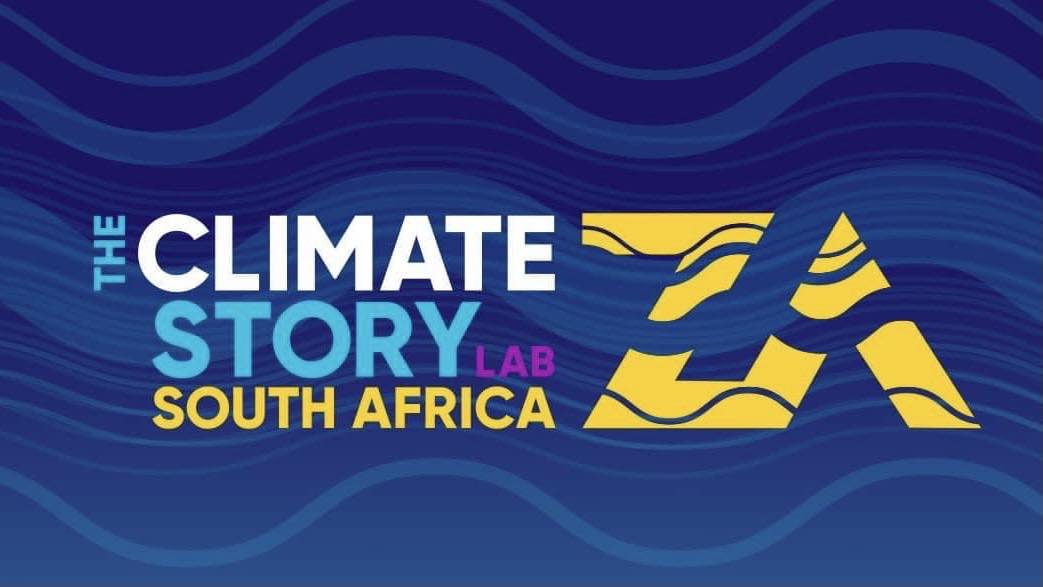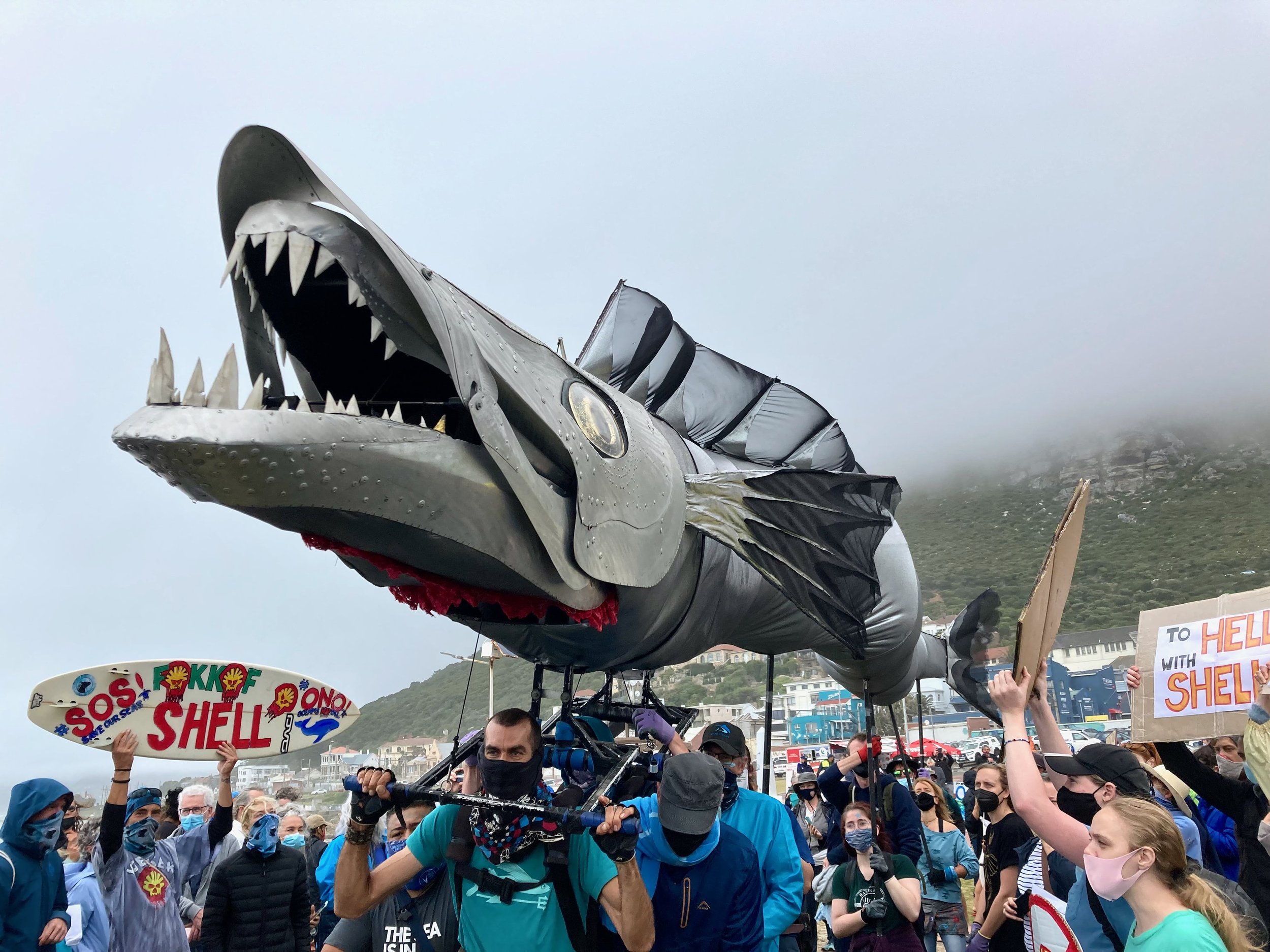Climate Story Lab ZA participants, mentors, and guest speakers gathered in Cape Town from 22 to 26 January to develop and amplify 9 creative projects that address the climate crisis.
This 4-day residential lab brought together creative leads from Zimbabwe, the Democratic Republic of Congo, Mozambique, and South Africa. The aim was to strengthen the potential of each project to reach and move a particular target audience. Over the course of the lab project leads got to present their work to a room full of key people engaged deeply in different aspects of climate crisis mitigation and adaptation work.
Vivian Chuene, Content Partnerships Manager at TikTok Africa
Projects included theatre, documentary film, podcast and virtual reality. Full details of these projects can be found on the CSL ZA website : https://climatestorylabza.org/wp-content/uploads/2022/12/cslza23-project-info-pack.pdf
Mentors at the Lab represented a diverse range of voices from various disciplines, areas of interest and expertise who are changing the way the world sees and engages with the climate crisis.
Included in the line-up of experts and mentors were:
South African Human Rights and Environmental Activist Kumaran “Kumi” Naidoo, who served as Executive Director of Greenpeace International; and is a Special Advisor to the Green Economy Coalition and Senior Advisor for the Community Arts Network (CAN).
South African social justice activist Zackie Achmat, known for his activism in health, education, queer rights, spatial justice, commuter rail and recently energy / electricity.
Award-winning Kenyan impact producer Emily Wanja who has worked with policymakers across national and county governments, private stakeholders, funders, civil society, and communities, using film as a tool for advocacy.
South African science writer and author Leonie Joubert who focuses on environmental and social justice issues, climate and environmental collapse.
Lesotho-born Pascalinah Kabi, the author of Pollution, Profits and the People - an incendiary book that exposes the ugly reality of water mismanagement in Lesotho.
Zimbabwean Kudzayi Ngwerume, formerly from Greenpeace, and now the Communications & Engagement Manager with the Urban Movement Innovation Fund (UMI Fund), who supported this lab.
Professor Susan Levine,Head of the University of Cape Town’s Department of Anthropology, whose research spans visual and medical anthropology, with an interest in the role of the arts in health care settings.
Vivian Chuene, Content Partnerships Manager at TikTok Africa, who supports partners and creators in Entertainment in the Southern African region. According to her the hashtag #ClimateChange has had more than 4.3 billion engagements, demonstrating people around the world are looking for climate stories.
Award-winning playwright, activist story-teller and co-founder of Empatheatre, Neil Coppen, who shared the 5-year journey of their theatre production Lalela ulwandle, that has supported transformative governance of our oceans from community activations to Cop27 and engagements with United Nations agencies
Elaine Maane (Zambia), Regional Training Coordinator at STEPS, is responsible for programme development, regional network partner training and mentorship in using film as a tool for change.
Nazeer Sonday (South Africa), a regenerative farmer, entrepreneur, social and environmental justice activist and chairman of the Philippi Horticultural Area Food & Farming Campaign.
Xoli Fuyani, a South African environmental education consultant and Founder of the Black Girls Rising NPO and Lisakhanya Mathiso a youth climate activist based in Cape Town and Communications Intern at 90by2030.
The well-known mobile solar cinema NPO Sunshine Cinema was represented by their Programmes Director Rene Weston, and Nontokozo Sibanyoni, a graduate of the UCT Sunshine Cinema Impact Facilitator online short course.
“After spending three intense days in the same space with the creatives, activists and strategists I can tell you that these 9 projects are going to hit the target with audiences. It was a ‘1 + 1 = 3’ experience, where having everyone together in the same space elevated all the stories and distribution strategies,” says Dr Liani Maasdorp, CSL ZA co-director, impact consultant and UCT film lecturer. “It can be exhausting and demoralising working in this field, constantly facing the devastating impacts of climate change and the ordinary people who are least responsible for generating harmful emissions. Hearing the stories of those who are generating climate adaptation and mitigation strategies from the African continent inspired us and re-invigorated everyone to continue their work with even more passion.”
The residential Climate Story Lab ZA is supported by the UMI Fund and hosted by the UCT Centre for Film and Media Studies in partnership with Doc Society and the Climate Story Unit.
For more information go to: https://climatestorylabza.org/




